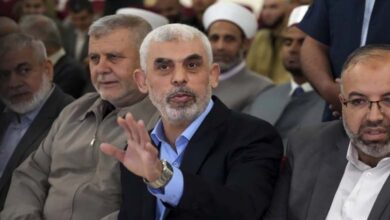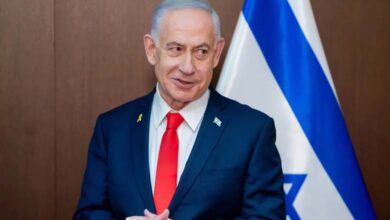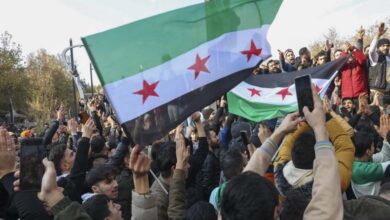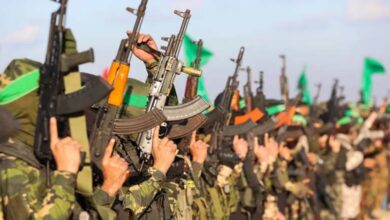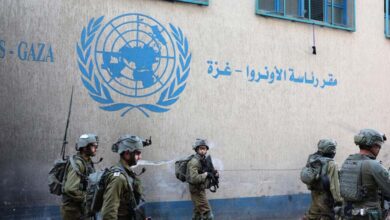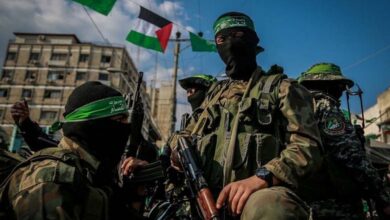Washington Conditions Any New Nuclear Deal with Iran on Enrichment Oversight
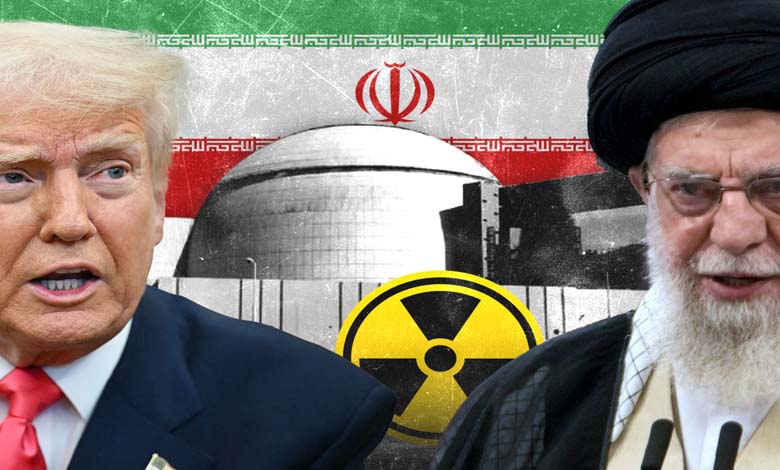
Tehran confirms the second round of talks with Washington will be held Saturday in Muscat to discuss remaining unresolved issues.
U.S. Middle East envoy Steve Witkoff stated Monday that any new agreement on Iran’s nuclear program will fundamentally depend on verifying uranium enrichment levels and nuclear weaponization capabilities. Tehran, for its part, announced a second round of negotiations in Muscat next Saturday, with regional hopes pinned on a peaceful resolution and avoiding further military escalation amid ongoing Middle Eastern tensions.
-
Khamenei, Iran’s Illness and the Obstacle to Any Agreement with Washington
-
Washington Tests Military Capabilities Amid Escalation Between Israel and Iran
Witkoff, who led the U.S. delegation in last week’s talks with Iranian officials in Oman, said, “It will largely depend on verifying the nuclear program,” without demanding its full dismantlement.
Speaking to Fox News, he stressed that verifying the program’s “militarization” capabilities is a “key” point in the talks, noting that this includes missiles and detonation devices for bombs.
He added, “They don’t need enrichment beyond 3.67%,” which is the limit under the 2015 nuclear deal that the U.S. withdrew from in 2018 under President Donald Trump.
-
Washington rules out Iran and its proxies’ involvement in expanding the war
-
Washington sends messages to Iran and Hezbollah via Turkey… Details
Witkoff pointed out, “In some cases, they reach 60%, in others 20%,” which surpasses the needs of a civilian nuclear program. He described the first meeting as “positive, constructive, and convincing” but cautioned, “the devil is in the details.”
On the other hand, Iranian officials have rejected oversight of military capabilities. On Tuesday, the Revolutionary Guard declared Iran’s military capacities as a “red line” in indirect negotiations.
Spokesman Ali Mohammad Naeini, quoted by state broadcaster IRIB, stated, “National security, defense, and military strength are red lines for the Islamic Republic of Iran and are non-negotiable under any circumstances.”
-
Washington Imposes New Sanctions on Iranian Individuals and Entities… What’s New?
-
Washington doubts the seriousness of forming a naval alliance comprising Iran and Gulf states
Iranian Foreign Minister Abbas Araghtchi held talks with Witkoff last Saturday in Muscat, mediated by Oman. This marks the highest-level representation from both sides since the 2015 nuclear deal collapsed. Iran’s Foreign Ministry confirmed Monday night that the second round of talks will take place next Saturday at the same venue, according to the official IRNA news agency.
IRNA reported, “Foreign Ministry spokesman Esmaeil Baghaei said in response to a question about the location of the second round of indirect negotiations between Iran and the United States that Muscat will again host this round.”
Baghaei was quoted as saying, “After consultations, it was decided that Muscat will also host the second round of these negotiations, which will be held on Saturday, April 19.”
-
Washington Charts a New Course for Nuclear Negotiations with Tehran by Sidelining Europeans
-
Between Escalation and De-escalation: How Will Trump Handle Iran?
Dutch Foreign Minister Kaspar Veldkamp and Italian Foreign Minister Antonio Tajani previously stated that this second session, following last Saturday’s in Oman, will be held in Rome.
U.S. State Department spokeswoman Tammy Bruce said Secretary Marco Rubio spoke Monday with his Turkish counterpart Hakan Fidan about the threats posed by Iran and its proxies to regional security.
She added in a statement, “They agreed on the importance of cooperation in counterterrorism and strengthening NATO.”
-
From Natanz to Arak: Iran’s Key Nuclear Facilities
-
Tehran Ready for Indirect Talks with Washington in Response to Trump’s Letter
Iran and the U.S.—which have had no diplomatic relations since 1980—described Saturday’s discussions as “constructive,” held after former President Trump sent a letter to Supreme Leader Ayatollah Ali Khamenei proposing talks while threatening military action if Iran refused.
Tehran rejected the threats, saying it would strongly retaliate against any military action. Meanwhile, the U.S. military deployed an aircraft carrier and B-2 bombers to the region.
Israeli officials have also continued to threaten strikes on Iranian nuclear sites if the current negotiations fail.


